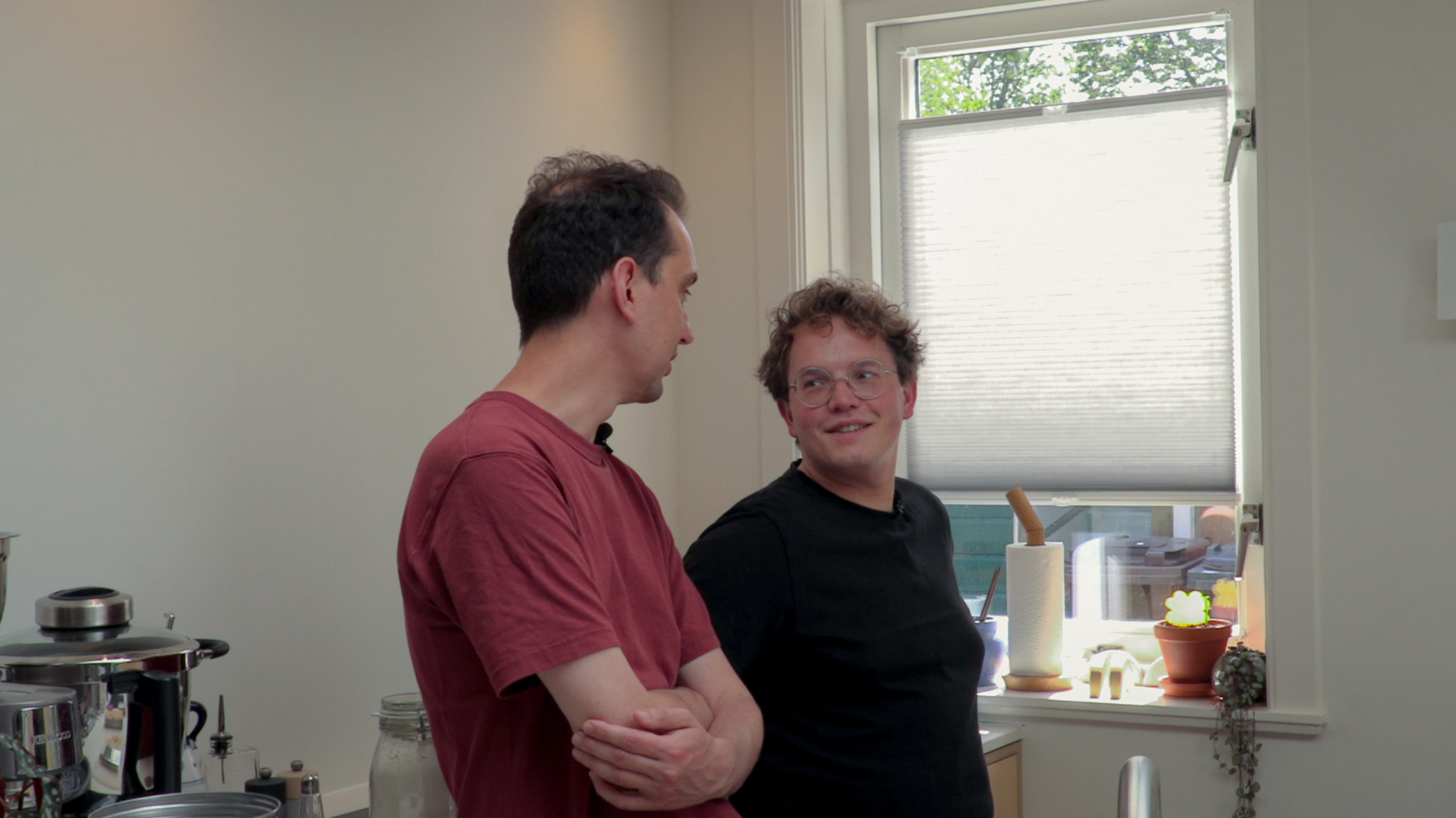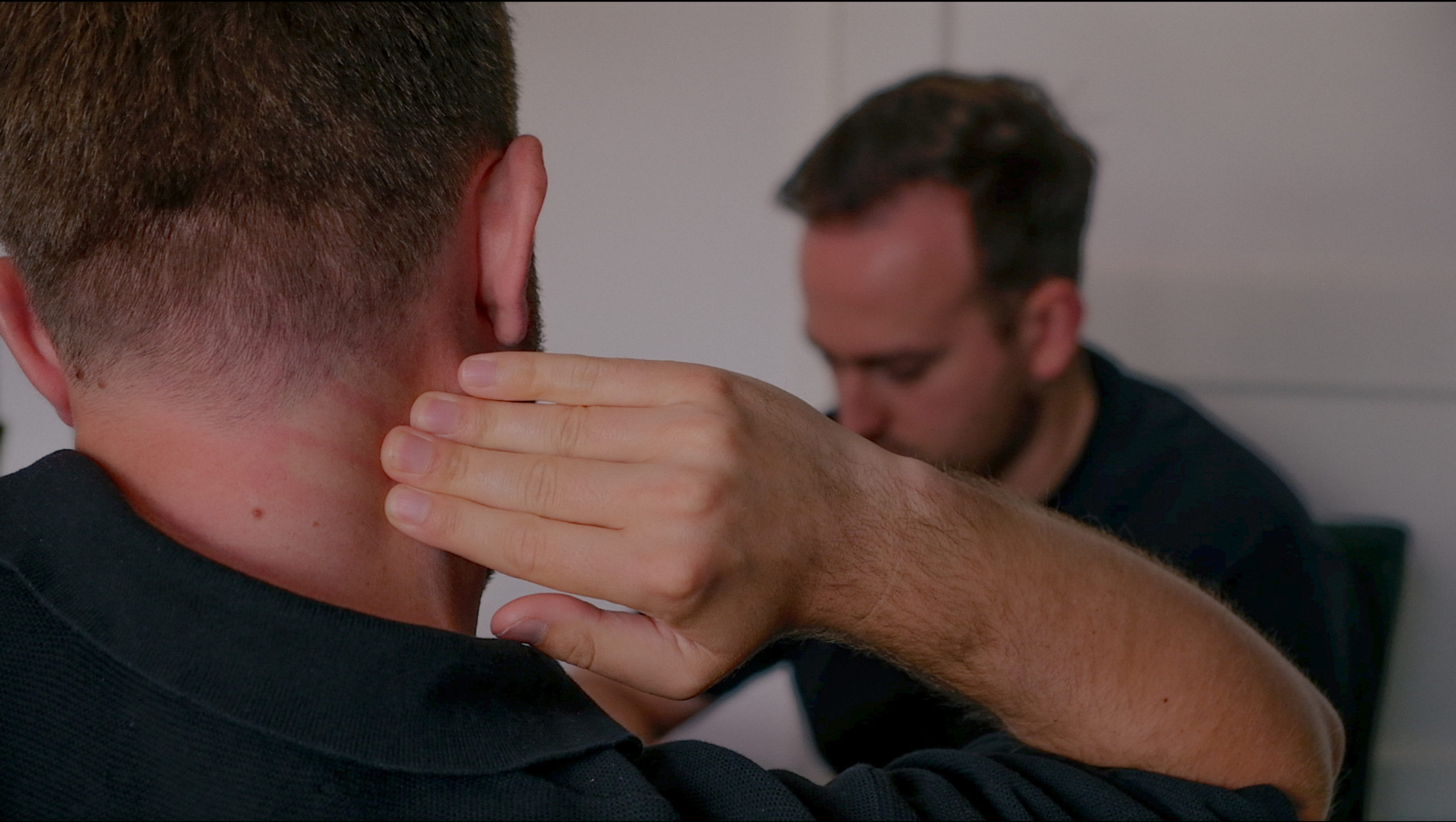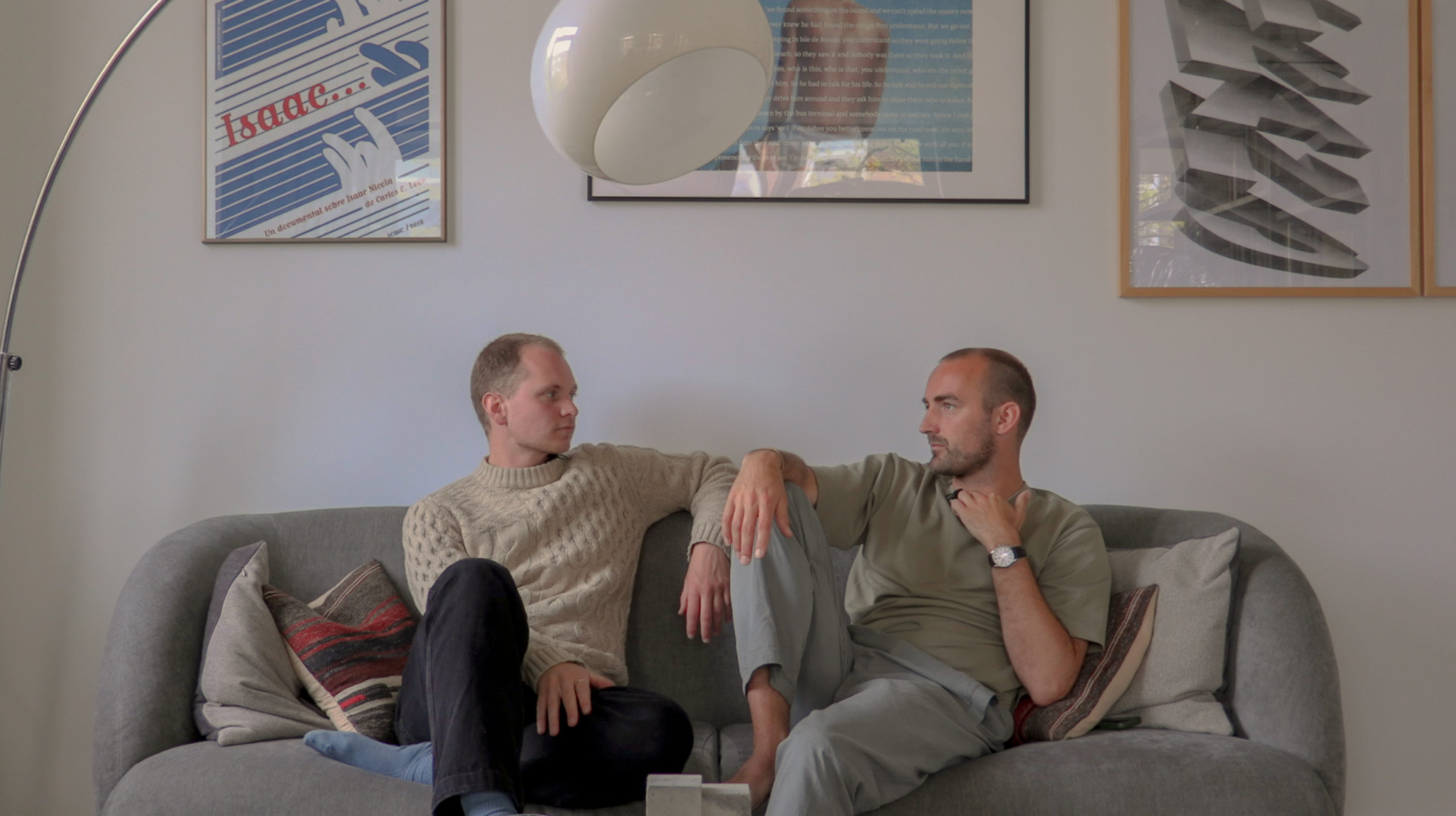Who’ll Be The Father?

In understanding homosexual parenthood, it is essential to acknowledge that it is not something that should be presumed or easily achieved. The journey towards queer parenthood involves intimate discussions and negotiations between partners, often influenced by societal expectations rooted in heteronormative patterns. To gain a deeper understanding of the hurdles and challenges faced on this chaotic road, Gijs invites you to explore his visual essay on becoming a queer father.
In ‘Who’ll Be The Father?’ Gijs tries to figure out why he neglects the idea of becoming a father. His boyfriend indicated from the beginning he wants two – preferably three children. While Gijs does not object to the idea of starting a family, he does experience difficulties with the ethical and moral issues as a queer cis man, surrounding the path to parenthood. The idea of negotiating and entering into legal agreements and consultations feels harsh to him, as his desire to be a father stems from the idea of sexual intercourse rather than these formalities. This conflict in his perception of parenthood raises questions about our heteronormative society and internalised homophobia, which have impacted his life.
During his research, Gijs realises that two fathers have not yet been fully accepted in society. Additionally, he and his boyfriend are unable to physically carry a child. They also recognise that, as two cisgender men in a relationship, becoming parents requires a strong socioeconomic background. Without the privilege of education, Western heritage, or family support, starting a family becomes even more challenging for queer individuals.
Conversations with his partner only deepen Gijs’s uncertainties about becoming a parent. Can he become a father without consciously choosing to? What does it mean to not be biologically related to his own child? How do societal gender roles influence his role as a father? These questions constantly occupy his mind. Although Gijs is typically someone who challenges systems, he feels bothered by the fact that this issue extends beyond just himself.
In search of answers to these complex dilemmas, Gijs documents the conversations he has with other men in a relationship about becoming fathers.




Anyone can dream about parenthood, but for queer individuals, thinking realistically about starting a family becomes a privilege.